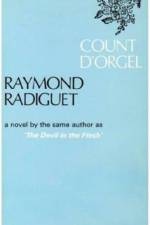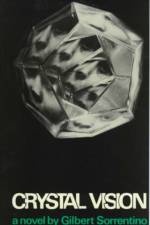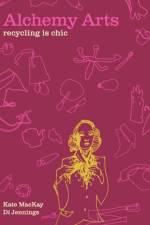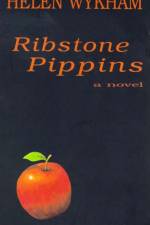av Helen Wykham
157
The first American release of a 1974 British novel offering a strangely impressionistic, and not altogether satisfying, coming-of-age love story. Helen Wykham is the ugly duckling teenage daughter of the glamorous and outrageous Monica, who's on the lookout for her next husband. While searching, Monica sends her two daughters, Helen and the older, sophisticated Stephanie, to a country house party in their native Ireland. An assemblage of bright, beautiful people and eccentric hosts makes for odd anecdotal fun, but Helen is certain she'll think only of her secret love, a fellow schoolgirl called Lyn who ran away with a man. Then, unexpectedly, she falls in love with the man her sister is having a fling with. Dominic, the centerpiece of the story, is a shadowy, Gatsby-like character, all glamour and mystery and unbearable magnetism - he is related to most of the house guests and seems to have slept with many of them. He is also dying of some unnamed illness. But Dominic is not just dying: He's also nursing a broken heart, having been rejected by a certain schoolgirl, the one and same Lyn. Narrated by an older Helen to her current lover, Wykham (both character and author) has an engaging, self-deprecating style, though it doesn't quite make up for the fact that little goes on, and little known about all the generally charmingly vague and superficial guests. When Helen discovers that it was Dominic who stole Lyn away from her, she immediately declares him to be her mortal enemy, though very soon afterward she falls in love with his cousin, his virtual female twin (sharing even the same name), and all is resolved. With the feel of a prose-poem, the novel shimmers, though ultimately seeming more surface than substance. (Kirkus Reviews)





























